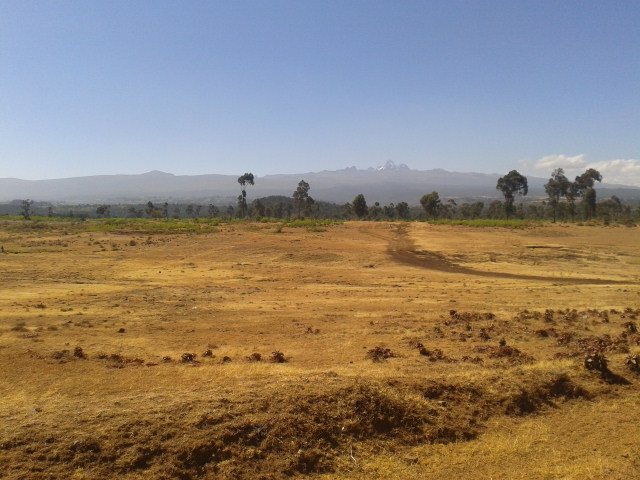Fellow: Annemiek Pas Schrijver
Host Institution: Stockholm University, Department of Human Geography
Duration: November 2013 – November 2017
Project: The project ‘Paths of Access’ will focus on the negotiations and arrangements that are made between Laikipiak and Samburu pastoralists and various landowners and land users for pasture along the seasonal migration routes within Laikipia towards the forest areas. Access strategies and mechanisms to the pasture and grass areas of Mt. Kenya Forest and Rumuruti Forest will be investigated as well. The main focus of this project is to investigate how pastoral land use and access is shaped within the current ‘mosaic’ landscape of Laikipia, how mobility takes shape and what the role of networks is. The method of multi-sited ethnography will be used as to describe relations along the way between smallholders, ranch owners, conservancies, group ranches, etc.
Additional focus will be given to the severe droughts of 2009/11 as to compare with arrangements made over the other years, since it might be interesting to depict differences on the willingness to agree – or not to agree – and negotiate during a severe drought. Furthermore, I would like to integrate the role of the government and the ASAL Policy, the Northern Rangeland Trust (NRT) and the Laikipia Wildlife Forum (LWF) since they play important roles in certain developments of the area related to inclusion and exclusion to the use of natural resources. Theoretical concepts such as the Environmental State and Cultural Resilience are of interest. An historical approach will be used to provide additional focus to the changing institutional environment.
